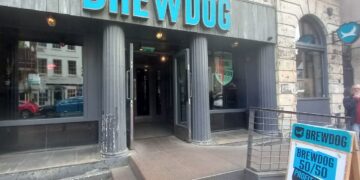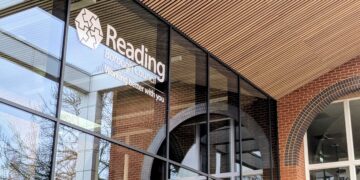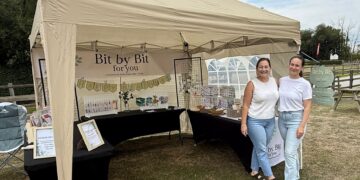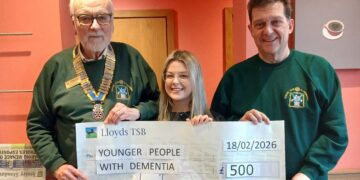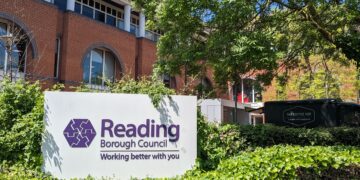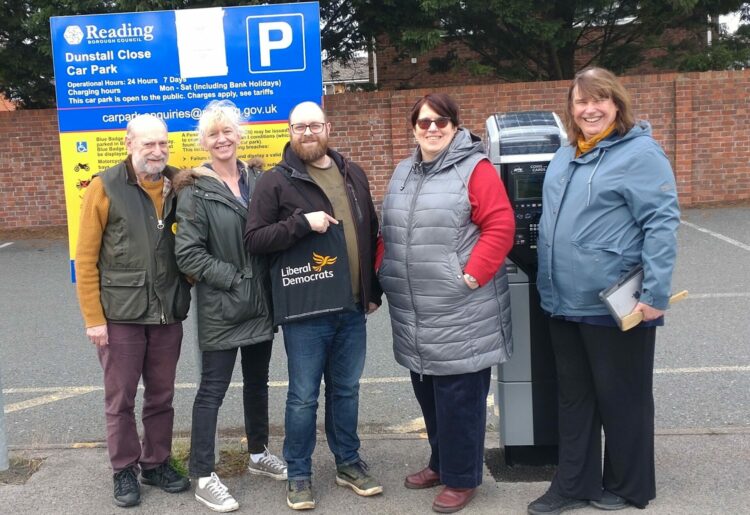Income from two car parks in Tilehurst has approximately doubled since free weekday short-stay parking at both sites ended earlier this year.
The car park in Recreation Road has 80 spaces and six disabled bays, with Dunstall Close having 47 spaces with three disabled bays.
Before March of this year, drivers were able to park for free at both sites for 30 minutes on weekdays.
But after a fees review, a 30-minute stay was outright abolished at Recreation Road, and a free 30-minute stay being retained on Saturdays at Dunstall Close.
Now it has been revealed that income from these car parks has approximately doubled as a result of the changes.
At Recreation Road the annual income before the change was £11,724, compared to an in-year income of £31,443 for the current 2024/25 financial year. That’s an increase of 168 per cent.
Meanwhile, at Dunstall Close, the car park had a total annual income of £4,675, which has increased to £8,703 after the change was introduced, an 86 per cent increase.
The figures were revealed after councillor Anne Thompson asked for a comparison of earnings from the car parks at a recent council meeting.
Cllr Thompson (Liberal Democrats, Tilehurst) asked: “Residents and businesspeople in Tilehurst and the surrounding area remain very concerned at the impact on local businesses and services of the loss of free parking for 30 minutes on weekdays at the Dunstall Close and Recreation Road car parks.
“Can the lead councillor tell us the amount of revenue the council has received from short-term parking i.e. one hour at these two car parks since the introduction of the charges?
“How does this compare with the revenue received from parking for one hour at the two car parks in the equivalent period before removal of the free half hour?”
Justifying the changes and the increase in revenue John Ennis, lead councillor for transport (Labour, Southcote), said: “The first 30-minutes free rate in car parks in Tilehurst was removed in March following a freeze in changes to parking charges during and immediately following the pandemic.
“This change was agreed as part of a wider fees and charges review.
“The cost of providing car park facilities and maintenance of those car parks has increased significantly.
“In some instances, income from council car parks has failed to cover the rising cost of running them, such as lighting, pay and display machines, maintaining services and relining.
“Surpluses from any income across parking services are invested in frontline service delivery across the borough.
“The council recognises the importance of local shops to communities and has carefully considered the fees with a view to keeping them as low as possible, whilst improving public transport, walking and cycling facilities to enable residents to access them by more sustainable means.
“Given the financial pressures the council is facing all financial options were assessed, but the failure to generate sufficient income from the car parks places wider stresses om the council’s finances.”
While cllr Thompson asked how much of the increased revenue came from people parking for one hour, cllr Ennis was unable to provide those figures at the time.

